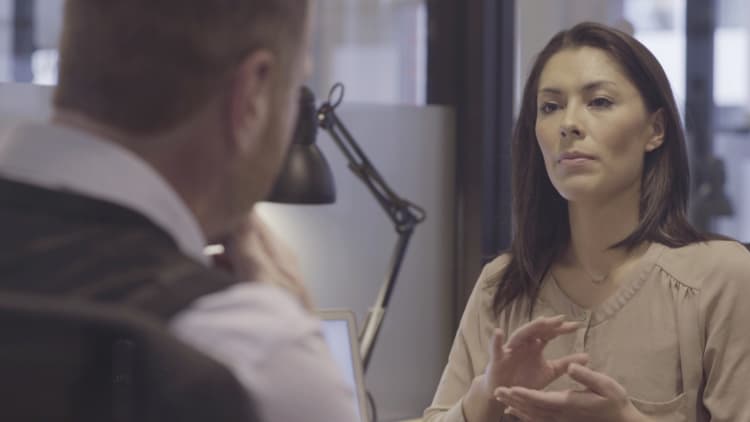Fake it until you make it, but don't lie. Being dishonest during a negotiation will cost you.
In the recently revised and updated book, "The Only Negotiating Guide You'll Ever Need: 101 Ways to Win Every Time in Any Situation," Peter B. Stark and Jane Flaherty write: "The more confidence your counterpart has in your honesty, integrity and reliability, the easier you will find it to negotiate."
When you develop trust, you can more easily accomplish what they say is the ideal outcome in almost any scenario: win-win. So don't use deception for short-term gain, because, they write: "It does not build long-term relationships or encourage your counterpart to come back and negotiate with you again at a later date."
That's why they recommend being mindful of your nonverbal cues, too. Opening your palms, for instance, gives off the impression that you are an honest person. "It goes back to medieval days when open palms indicated that a person had no weapons," they write. "Today they generally indicate that a person has nothing to hide."
When you do have something to hide, and you lie, it's more obvious than you think. And when people detect a lack of authenticity, according to communication expert Julian Treasure, they stop listening.
More importantly, they stop liking you. "Don't underestimate the importance of likability," says Harvard Business School's Deepak Malhotra. "It's crucial: People are going to fight for you only if they like you."
He adds: "Anything you do in a negotiation that makes you less likable reduces the chances that the other side will work to get you a better offer."

Beyond negotiations, dishonesty has no place in any work environment. "Deception is an incalculable cost of business," certified fraud examiner Pamela Meyer tells CNBC Make It. "Society and companies work better with a set of morals on the ground."
That means you should be honest even when it costs you, or seems easier to just lie. "Doing so goes a long way toward building your credibility," say Stark and Flaherty.
It's also just the right thing to do. So think twice next time you consider trying to lie your way to a better offer or higher pay, because it probably won't work.
Like this story? Like CNBC Make It on Facebook.
Don't miss:




